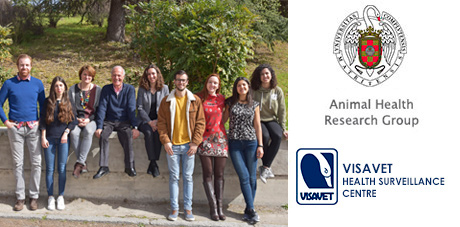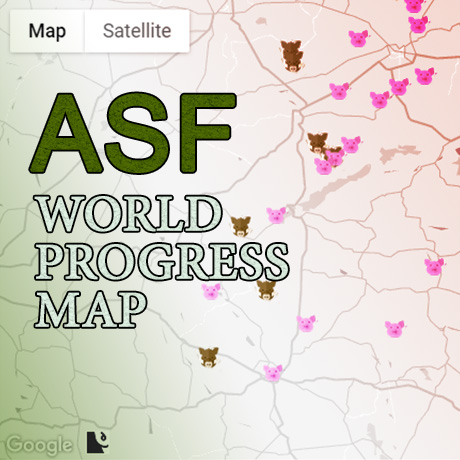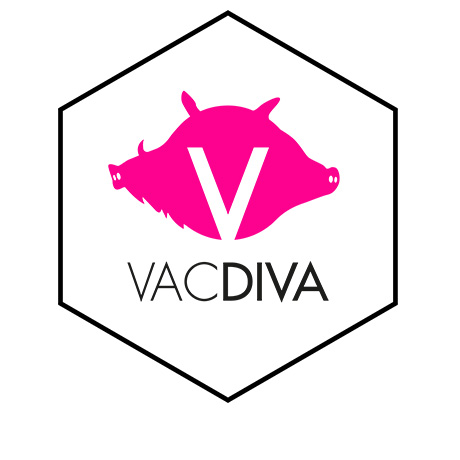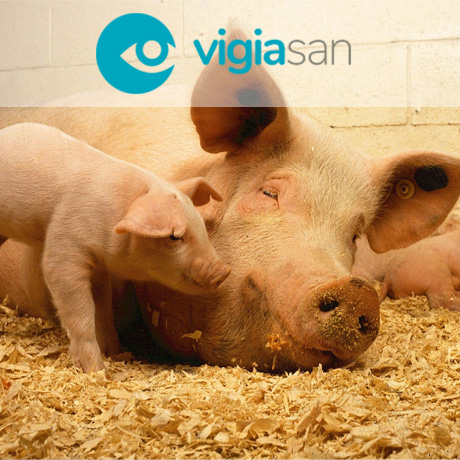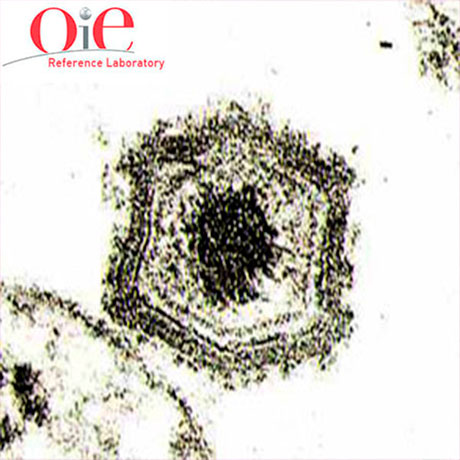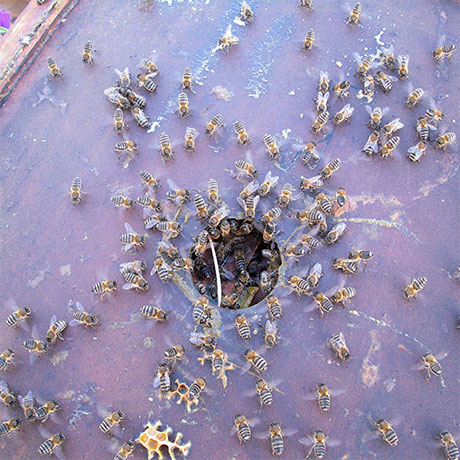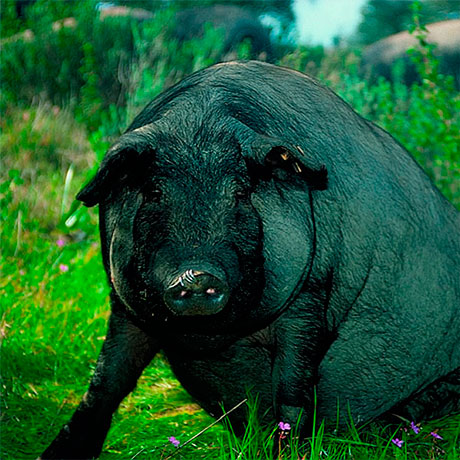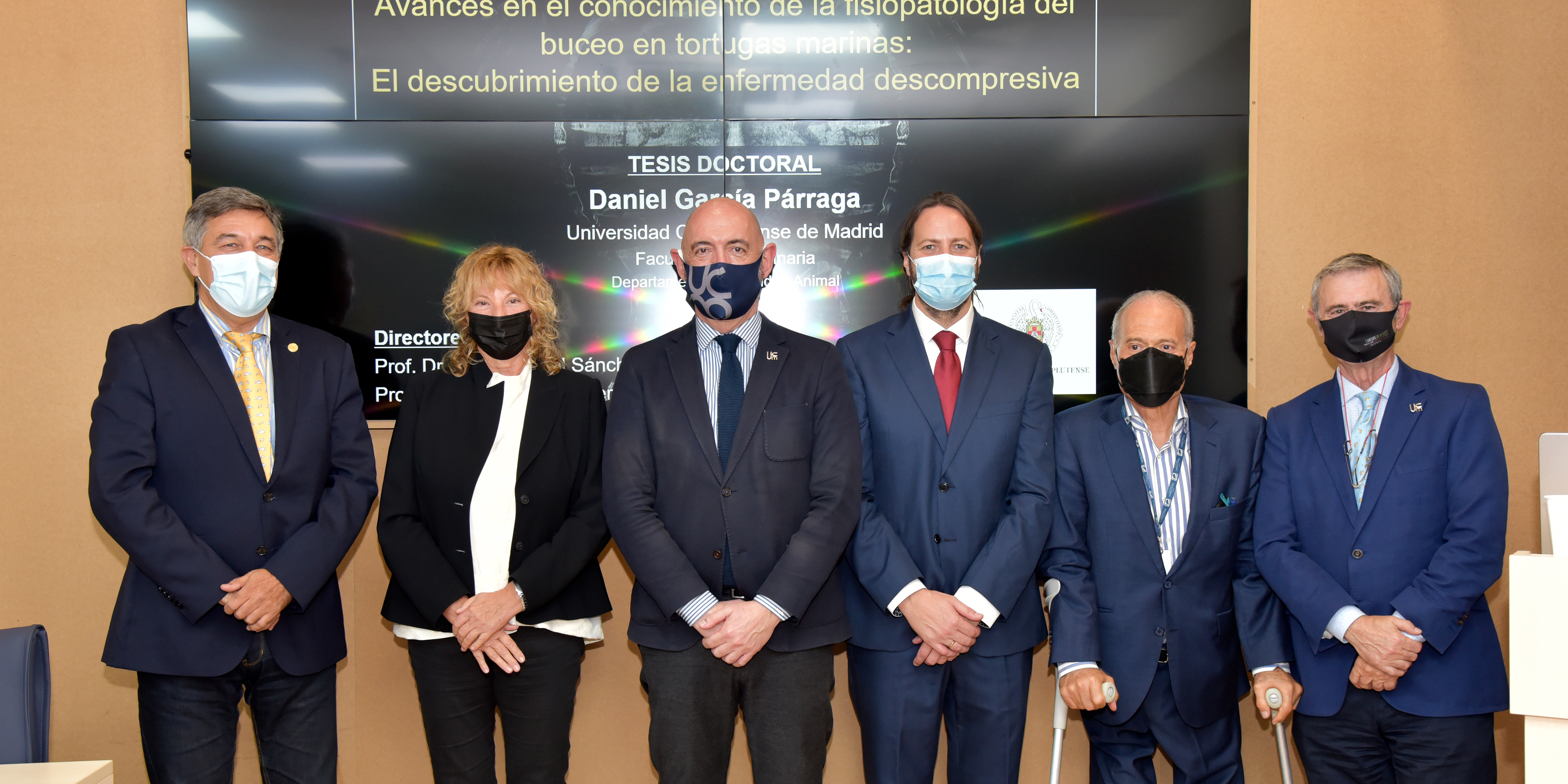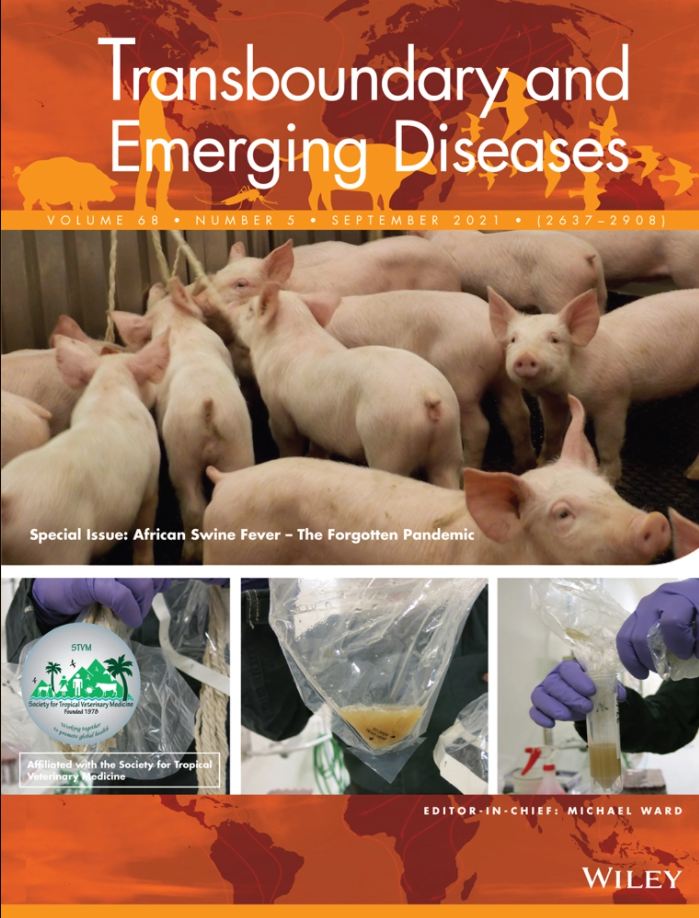New research article published in Frontiers in Immunology
Safety of African Swine Fever Vaccine Candidate Lv17/WB/Rie1 in Wild Boar: Overdose and Repeated Doses.
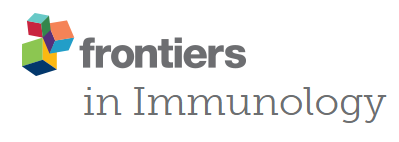 ResumenAbstractgrown considerably in the last decade causing important economic consequences for the swine industry. Its control is hampered by the lack of an effective treatment or vaccine. In Europe, the wild boar is a key wild reservoir for ASF. The results of the oral vaccination trial of wild boar with Lv17/WB/Rie1 are hope for this problem. However, this vaccine candidate has certain safety concerns, since it is a naturally attenuated vaccine. Therefore, the current study aims to evaluate the safety of this vaccine candidate in terms of overdose (high dose) and repeated doses (revaccination) in wild boar. Low-dose orally vaccinated animals developed only a slight transient fever after vaccination and revaccination. This was also the case for most of the high-dose vaccinated wild boar, except for one of them which succumbed after revaccination. Although this fatality was related to hierarchical fights between animals, we consider that further studies are required for clarification. Considering these new results and the current epidemiological situation of ASF in wild boar, this vaccine prototype is a promising tool for the control of the disease in these wild populations, although further studies are needed.
ResumenAbstractgrown considerably in the last decade causing important economic consequences for the swine industry. Its control is hampered by the lack of an effective treatment or vaccine. In Europe, the wild boar is a key wild reservoir for ASF. The results of the oral vaccination trial of wild boar with Lv17/WB/Rie1 are hope for this problem. However, this vaccine candidate has certain safety concerns, since it is a naturally attenuated vaccine. Therefore, the current study aims to evaluate the safety of this vaccine candidate in terms of overdose (high dose) and repeated doses (revaccination) in wild boar. Low-dose orally vaccinated animals developed only a slight transient fever after vaccination and revaccination. This was also the case for most of the high-dose vaccinated wild boar, except for one of them which succumbed after revaccination. Although this fatality was related to hierarchical fights between animals, we consider that further studies are required for clarification. Considering these new results and the current epidemiological situation of ASF in wild boar, this vaccine prototype is a promising tool for the control of the disease in these wild populations, although further studies are needed.
Barasona JA, Cadenas-Fernández E, Kosowska A, Barroso-Arévalo S, Rivera B, Sánchez R, Porras N, Gallardo C and Sánchez-Vizcaíno JM.
Isabel Mínguez Tudela Award for Innovation in Animal Health
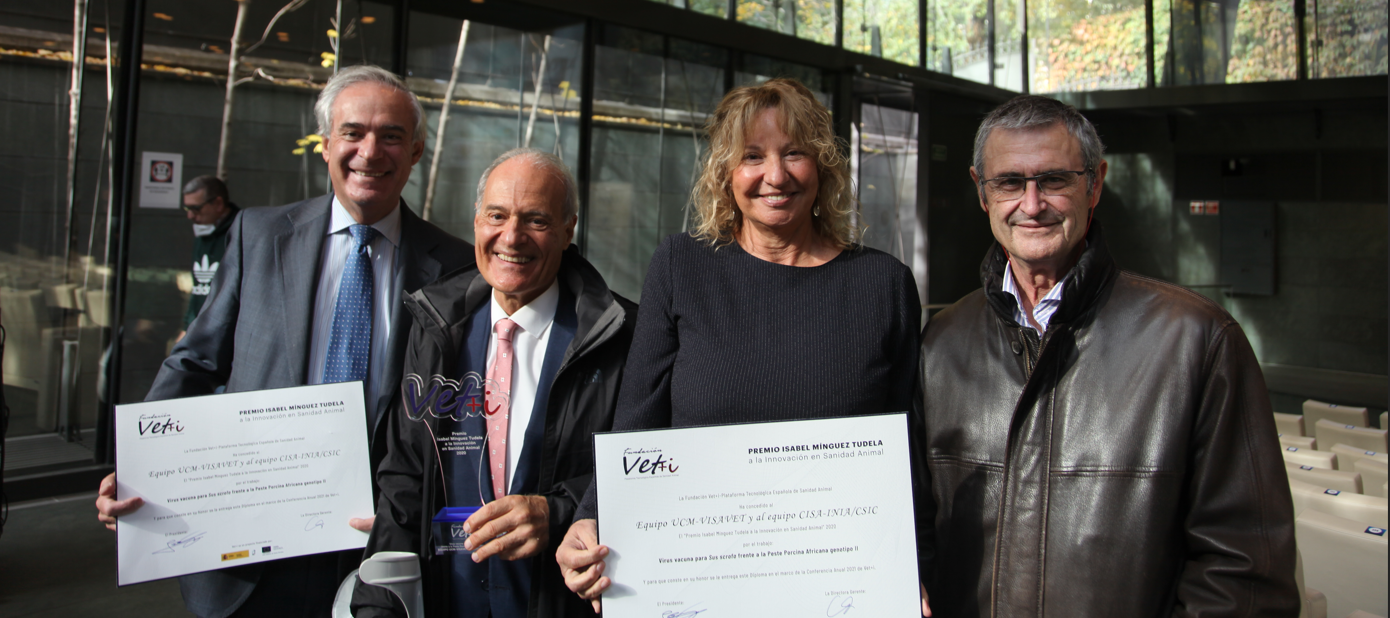
José Manuel Sánchez-Vizcaíno, professor of Animal Health at the Complutense University of Madrid (UCM) and researcher at the Veterinary Health Surveillance Center (VISAVET), and Marisa Arias, director of the Animal Health Research Center (CISA-INIA), have been awarded the VII Isabel Mínguez Tudela Prize for Innovation in Animal Health during the XII Annual Conference of the Vet + i Foundation, held this Thursday, November 25, 2021.
Read the article in the Animal's Health magazine (spanish text)
Daniel García Párraga PhD defense
Daniel García Párraga defended his PhD Thesis entitled "Advances in diving pathophysiology knowledge in sea turtles: The discovery of decompression sickness" on 17 November 2021, obtaining the highest qualification cum laude.
The SUAT group gives you the most sincere congratulations
A new method for sampling African swine fever virus genome and its inactivation in environmental samples
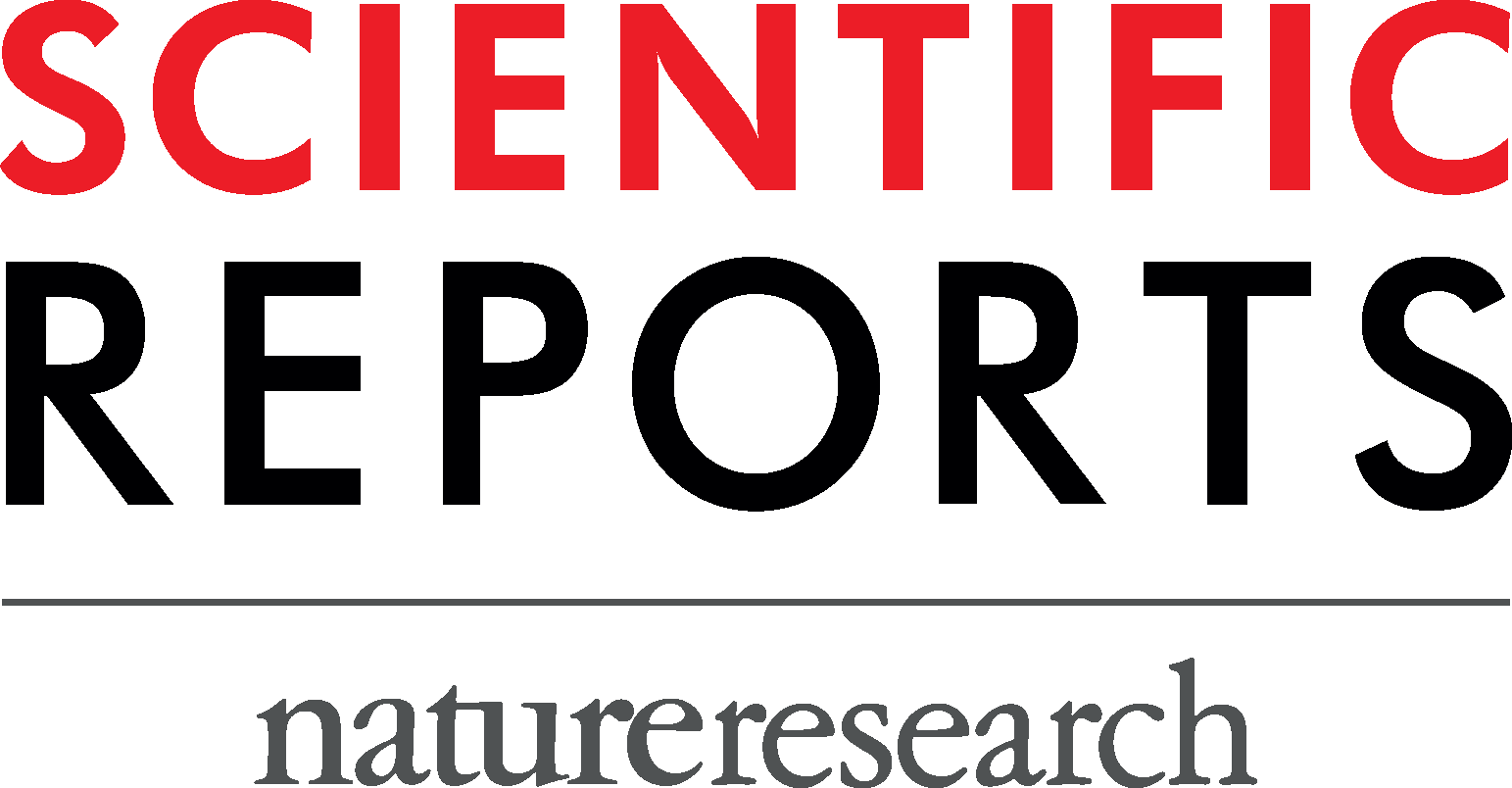 New research article published in the Scientific Records journal (Nature research).
New research article published in the Scientific Records journal (Nature research).
Abstract: African swine fever (ASF) is currently the most dangerous disease for the global pig industry, causing huge economic losses, due to the lack of effective vaccine or treatment. Only the early detection of ASF virus (ASFV) and proper biosecurity measures are effective to reduce the viral expansion. One of the most widely recognized risks as regards the introduction ASFV into a country is infected animals and contaminated livestock vehicles. In order to improve ASF surveillance, we have assessed the capacity for the detection and inactivation of ASFV genome by using Dry-Sponges (3 M) pre-hydrated with a new surfactant liquid. We sampled different surfaces in ASFV-contaminated facilities, including animal skins, and the results were compared to those obtained using a traditional sampling method. The surfactant liquid successfully inactivated the virus, while ASFV DNA was well preserved for the detection. This is an effective method to systematically recover ASFV DNA from different surfaces and skin, which has a key applied relevance in surveillance of vehicles transporting live animals and greatly improves animal welfare. This method provides an important basis for the detection of ASFV genome that can be assessed without the biosafety requirements of a BSL-3 laboratory at least in ASF-affected countries, which may substantially speed up the early detection of the pathogen.
Kosowska A, Barasona JA, Barroso-Arévalo S, Rivera B, Domínguez L, Sánchez-Vizcaíno JM.
Large-scale study on virological and serological prevalence of SARS-CoV-2 in cats and dogs in Spain
We published an interesting study on the serological prevalence of SARS-CoV-2 in cats and dogs in the Transboundary and Emerging Diseases journal.
Abstract:
The disease produced by the severe acute respiratory syndrome-related coronavirus 2 (SARS-CoV-2), is currently one of the primary concerns worldwide. Knowing the zoonotic origin of the disease and that several animal species, including dogs and cats, are susceptible to viral infection, it is critical to assess the relevance of pets in this pandemic. Here, we performed a large-scale study on SARS-CoV-2 serological and viral prevalence in cats and dogs in Spain in order to elucidate their role and susceptibility. Samples from animals in contact with COVID-19 positive people and/or compatible symptoms (n = 492), as well as from random animals (n = 1024), were taken. Despite the large number of animals analyzed, only 12 animals (eight dogs and four cats), which represents 0.79 % of the total analyzed animals (n = 1516), were positive for viral SARS-CoV-2 RNA detection by RT-qPCR, in which viral isolation was possible in four animals. We detected neutralizing antibodies in 34 animals, four of them also positive for PCR. This study evidences that pets are susceptible to SARS-CoV-2 infection in natural conditions but at a low level, as evidenced by the low percentage of positive animals detected, being infected humans the main source of infection. However, the inclusion of animals in the surveillance of COVID-19 is still recommended.
Barroso-Arévalo S, Barneto A, Ramos ÁM, Rivera B, Sánchez R, Sánchez-Morales L, Pérez-Sancho M, Buendía A, Ferreras E, Ortiz-Menéndez JC, Moreno I, Serres C, Vela C, Risalde MÁ, Domínguez L, Sánchez-Vizcaíno JM.



